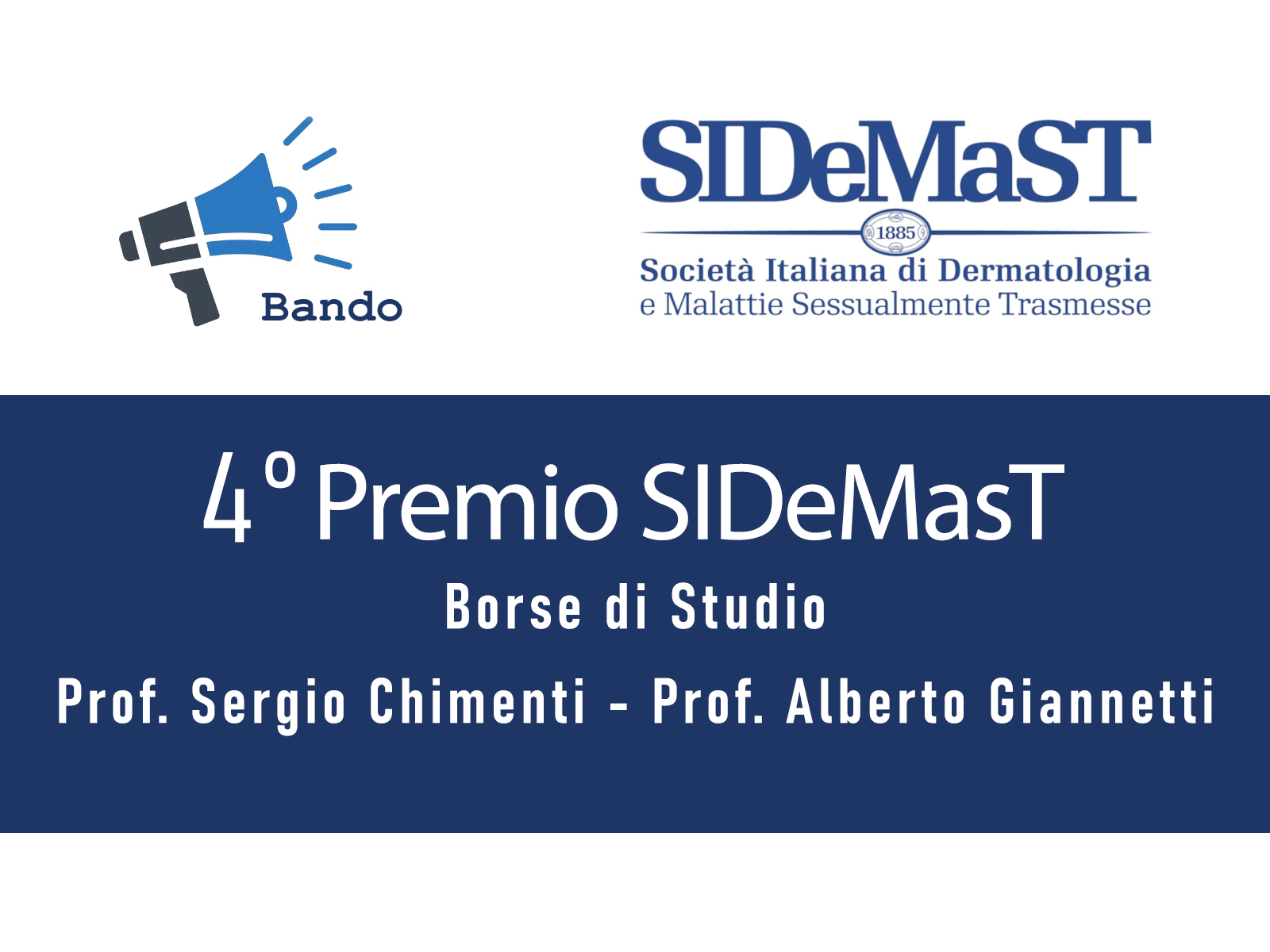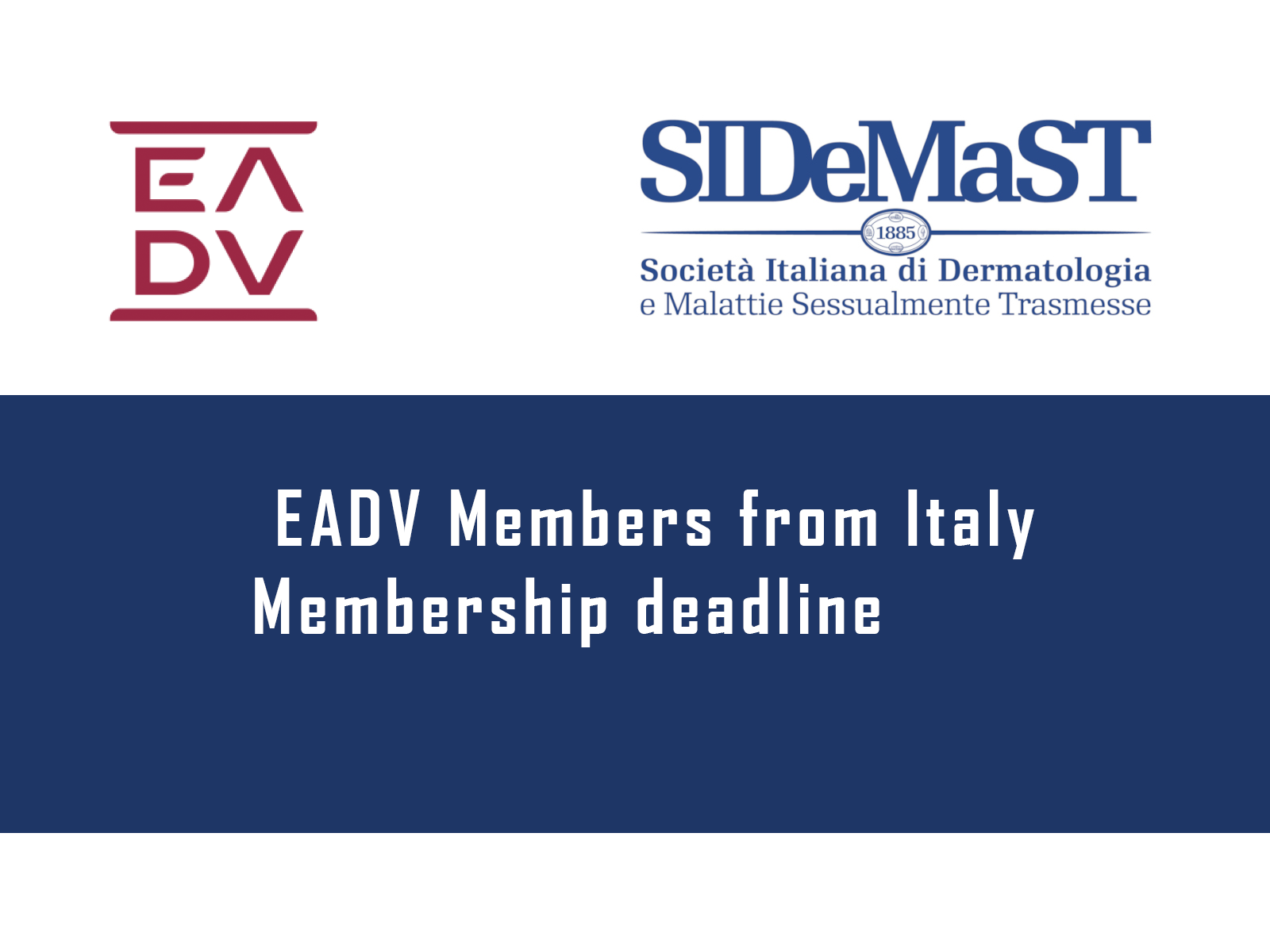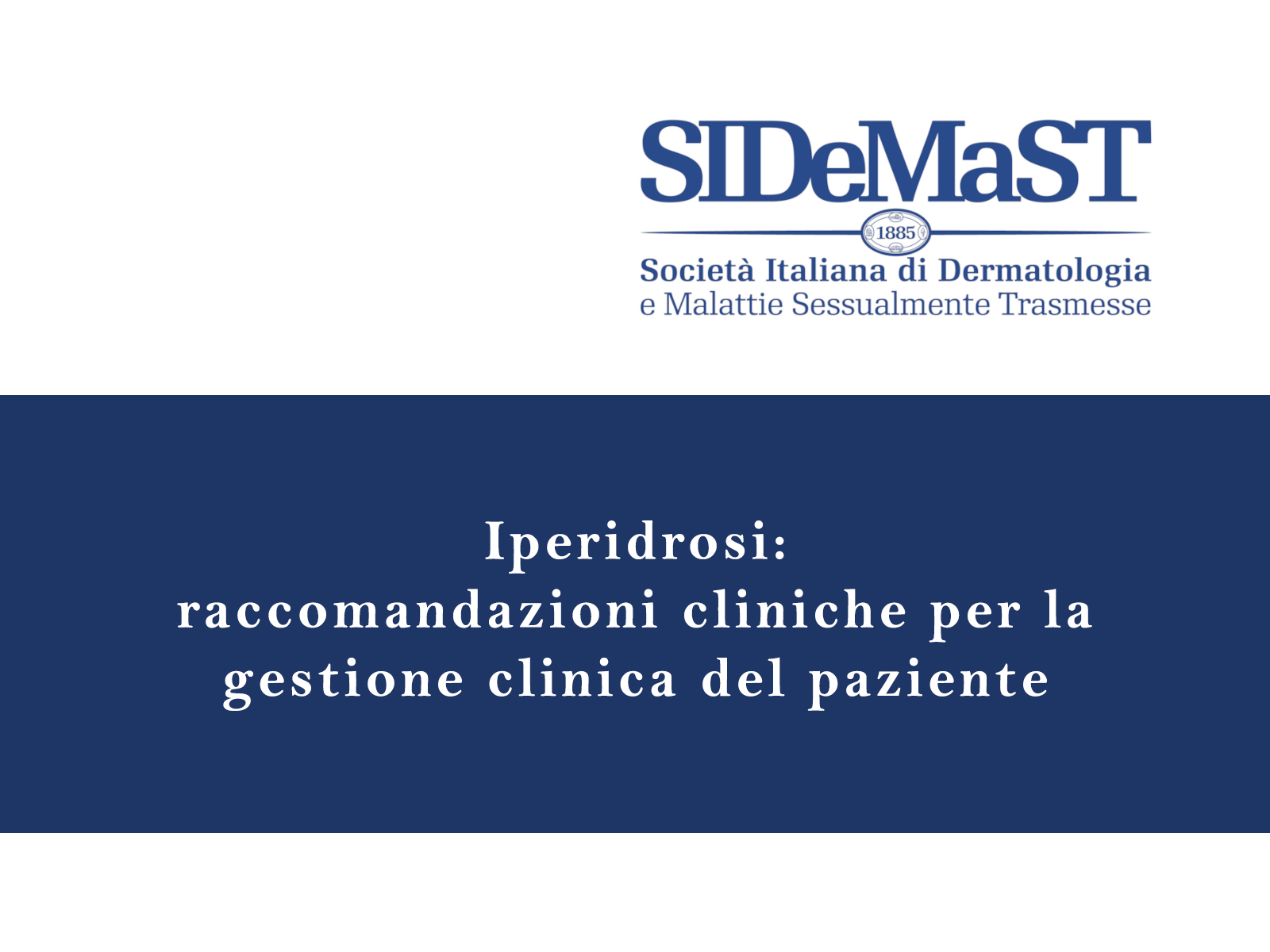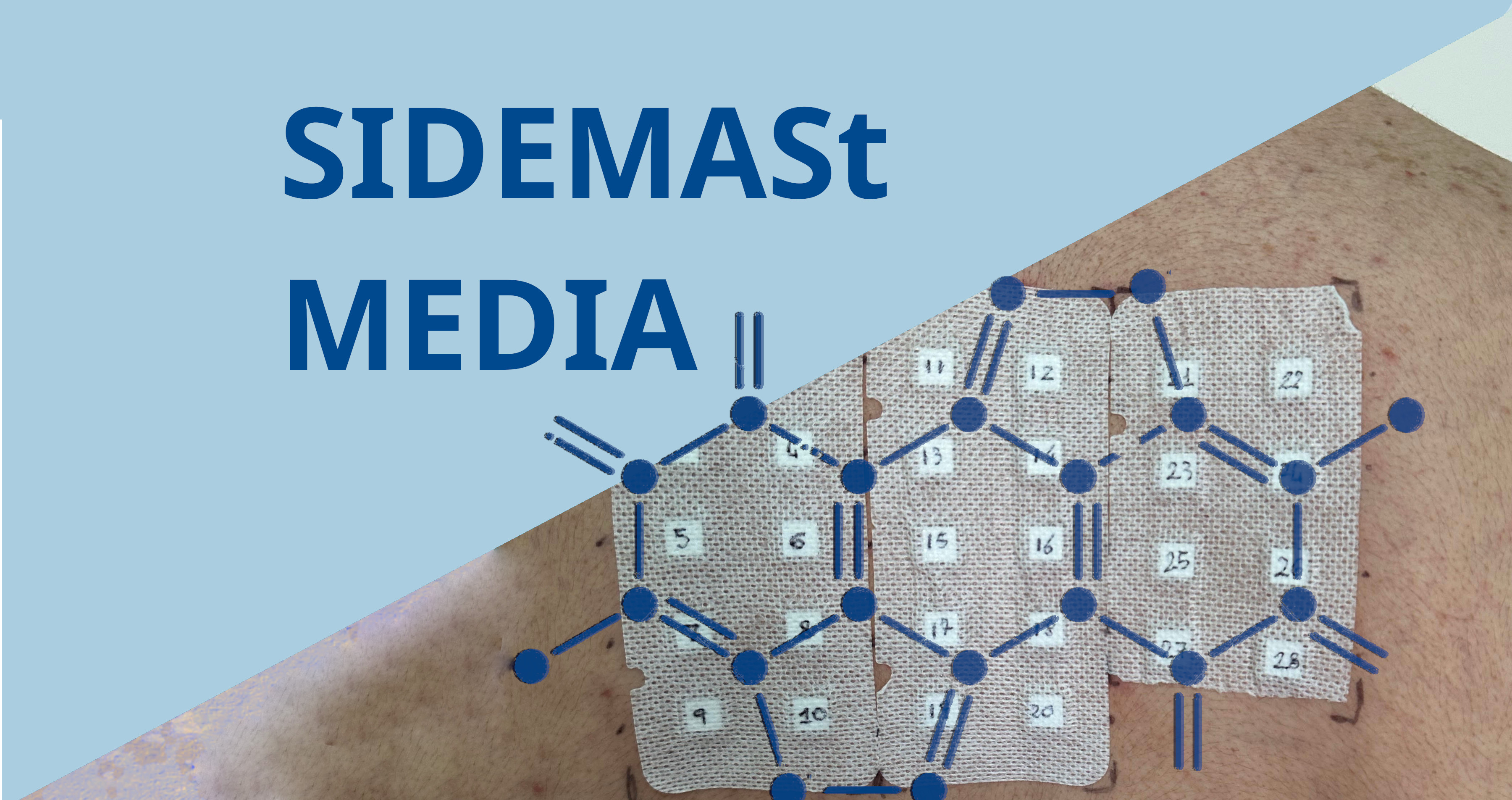Pembrolizumab seems to provide durable anti-tumour activity in patients with advanced mucosal melanoma, according to a study presented here at the 2017 European Cancer Congress hosted by the European Cancer Organisation (ECCO).
Pembrolizumab is a programmed cell death protein 1 (PD-1) receptor inhibitor that is approved as immunotherapy for advanced melanoma. However, mucosal melanoma is a relatively rare subtype of melanoma, which may not be as well studied in new drug trials.
Marcus Butler, MD, Princess Margaret Cancer Centre, Toronto, Ontario, and colleagues conducted a post hoc analysis of 3 clinical trials of pembrolizumab treatment in patients with advanced melanoma, focusing in on the subgroup of patients with mucosal melanoma.
"The data presented here are important because they prove that patients with mucosal melanoma can benefit from anti-PD-1 therapy and should not be excluded from this treatment," said Dr. Butler in a press release ahead of the conference.
KEYNOTE-001 (clinicaltrials.gov NCT01295827) was a phase 1b dosing study of pembrolizumab, KEYNOTE-002 (NCT01704287) was a phase 2 trial comparing 2 doses of pembrolizumab to chemotherapy, and KEYNOTE-006 (NCT01866319) was a phase 3 study comparing 2 dosing schedules of pembrolizumab to ipilimumab. The various doses of pembrolizumab across the trials were 2 mg/kg every 3 weeks, 10 mg/kg every 3 weeks, and 10 mg/kg every 2 weeks.
Across all 3 studies, 5% (n = 84) of patients had mucosal melanoma, while the other 95% (n = 1,483) had nonmucosal melanoma. Comparing baseline characteristics between patients with mucosal versus nonmucosal melanoma suggested that there were (descriptive) differences in the proportion who were women (57% vs 38%) or who had elevated serum lactate dehydrogenase (LDH; 48% vs 36%), BRAF-V600 mutations (8% vs 29%), or a baseline tumour size that was larger than the median of 80.5 mm for the whole population (58% vs 43%).
Looking at response to pembrolizumab treatment as well as survival data, the analysis found an objective response rate (ORR) of 19% among patients with mucosal melanoma, and a disease control rate (DCR) of 31%. ORR was the proportion of patients showing complete or partial response, while DCR meant complete or partial response or stable disease.
Patients with mucosal melanoma had a median PFS of 2.8 months and a median OS of 11.3 months. The 16 responders (ORR) had a median time to response of 12.4 weeks, and 12 of them (75%) were still alive without disease progression at the time of the analysis, with a median duration of response of 27.6 months.
Among patients with nonmucosal melanoma, ORR was 33%, while DCR was found to be 47%. PFS was a median of 4.2 months and OS was median 23.5 months. Among the responders in this subgroup, 72% were alive at the time of the analysis, with no disease progression, while a median duration of response was not reached.
Even though "comparisons should be interpreted with caution given the post hoc nature of the analysis, differences in baseline characteristics, and the small number of patients with mucosal melanoma, overall, the data indicate that pembrolizumab is an effective and appropriate treatment for mucosal melanoma," said Dr. Butler.
Funding for this study was provided by Merck.
[Presentation title: Efficacy of Pembrolizumab in Patients With Advanced Mucosal Melanoma Enrolled in the KEYNOTE-001, 002, and 006 Studies. Abstract 1142]










